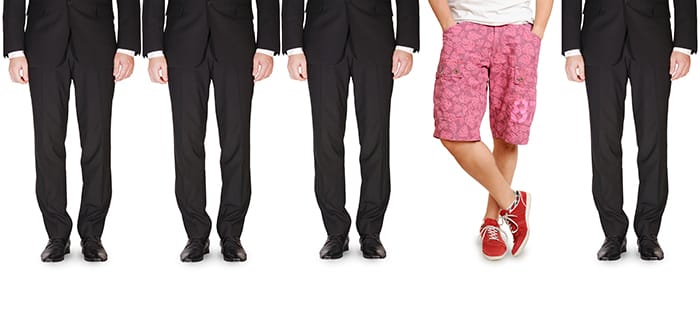Daniel Sokol says that many unis ban legal reps from attending

A barrister and former lecturer has called for students to be allowed to lawyer-up for university hearings.
Dr Daniel Sokol of 12 King’s Bench Walk says that students are often banned from bringing a lawyer or other representative into internal hearings, despite the often “life-changing” consequences.
Sokol, who advises students on their legal rights in disputes with the academic authorities, reports that the daunting environment of a hearing before a panel of lecturers makes many unrepresented students feel like “criminals”.
The medical ethics expert wants Students’ Unions to rise up and campaign for legal representation in all kinds of university hearings.
Students can end up in a hearing in lots of different situations, such as where they bring a complaint or an appeal against a failing. They might also be brought into a hearing as part of the uni’s disciplinary process.
Robin Jacobs of Sinclairs Law says that while legal representation can be required in certain circumstances, “there is not a general, automatic right for a student to be accompanied by a lawyer”.
The Office of the Independent Adjudicator (OIA) advises universities to allow legal representation in disciplinary or fitness to practice cases that are “complex” or “where the consequences for the student are potentially very serious”.
But where the student is the one requesting the hearing, the OIA reckons that lawyers don’t need to be involved. Its guidance says that “it will not be appropriate for a student or the provider to be legally represented at an academic appeal hearing except in the most exceptional circumstances”, and that “in most cases it will not be necessary or appropriate for a student or the provider to be legally represented at a complaints panel or meeting”.
Although unis don’t have to follow these guidelines, many do. Sokol told Legal Cheek that “from my experience, the vast majority of higher education institutions don’t allow legal representation. The enlightened ones, like Salford, are definitely the exception rather than the rule”.
He argues that students should have the right to whatever representation they want in any kind of university hearing, saying that “like in disciplinary and fitness to practise hearings, the consequences of an appeal or complaint hearing can be life-changing for students”.
Writing on the Wonkhe website, Sokol says that “all enlightened institutions should allow students whatever representation they desire, whether it’s an SU adviser or a formal lawyer”.
Sokol, a former medical ethics lecturer, specialises in personal injury, clinical negligence and education at 12KBW. He is also the founder of Alpha Academic Appeals, which offers students legal support with uni appeals.
Speaking to Legal Cheek, Sokol said that “my hope is that the OIA will alter its guidance to encourage universities to allow students representation of their choosing and that student unions will also fight for this”.



